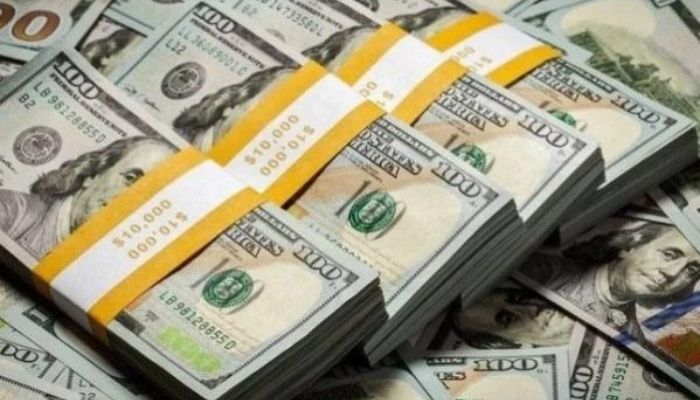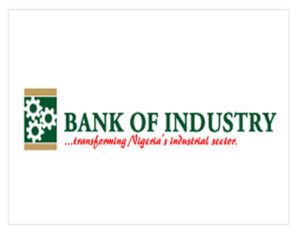
FX reserves rise by $620m in 10 days after domestic dollar bond sale
Nigeria’s foreign exchange (FX) reserves rose by $621.2 million in 10 days following the successful sale of a domestic dollar bond.
The gross FX reserves increased from $36.24 billion on September 2, 2024, to $36.87 billion by September 12, 2024.
This is according to the latest data on the reserves from the Central Bank of Nigeria (CBN).
This growth reflects the positive impact of domestic dollar bonds on boosting the nation’s reserves.
On September 2, 2024, the country’s reserves stood at $36.24 billion. Over the course of the following 10 days, this figure saw steady growth, eventually reaching $36.87 billion by September 12, 2024.
The first notable uptick occurred between September 2 and September 3, 2024, when the reserves rose from $36.24 billion to $36.27 billion, reflecting a modest increase of approximately $30 million.
This growth continued over the next few days, with the reserves standing at $36.30 billion by September 4 and reaching $36.33 billion on September 5.
These incremental gains suggest a sustained flow of foreign exchange into the country.
By September 6, 2024, the reserves had risen to $36.39 billion, marking a more significant increase as the CBN’s bond strategy gained traction.
The rise between September 6 and September 9, when reserves hit $36.64 billion, reflects a particularly strong phase of accumulation.
This $250 million growth over a weekend suggests robust demand for Nigeria’s dollar bond and reflects increased liquidity entering the financial system.
The trend continued into the second week of September, with reserves reaching $36.73 billion on September 10, before climbing further to $36.81 billion on September 11.
The largest single-day increase occurred between September 11 and September 12, 2024, with reserves jumping by $54.4 million, culminating in the final figure of $36.87 billion.
Recall that Nigeria’s FX reserves dipped by about $505.68 million (1.37%) in August 2024.
The dip represents the steepest monthly decline in Nigeria’s forex reserves since April 2024.
However, this increase can be attributed to Nigeria’s recent domestic bond issuance, which was aimed at attracting foreign capital and improving reserve levels.
The rise in reserves comes at a critical time for Nigeria, which has been grappling with economic pressures, including the need to support the naira amidst global currency fluctuations.
Nigeria successfully launched its first-ever domestic dollar-denominated bond, seeing over $900 million in subscriptions.
The $500 million bond, coordinated by the Africa Finance Corporation (AFC), marks a pivotal moment in Nigeria’s economic development and highlights the growing confidence in the country’s capital market.
The five-year bond, which was issued at par with a 9.75 percent annual coupon, witnessed a 180 percent subscription.
This overwhelming interest from investors highlights the strong domestic confidence in Nigeria’s economic growth prospects, as well as the strategic role of the AFC in deepening the domestic capital markets.
According to a statement from the AFC, investors for this bond issuance ranged from local Nigerians and non-Nigerians residing in the country to Nigerians in the Diaspora and major institutional investors.
The bond will be available for trading on the Nigerian Exchange Limited (NGX) and FMDQ Securities Exchange Limited (FMDQ Exchange), providing a significant boost to the liquidity of Nigeria’s financial markets.




